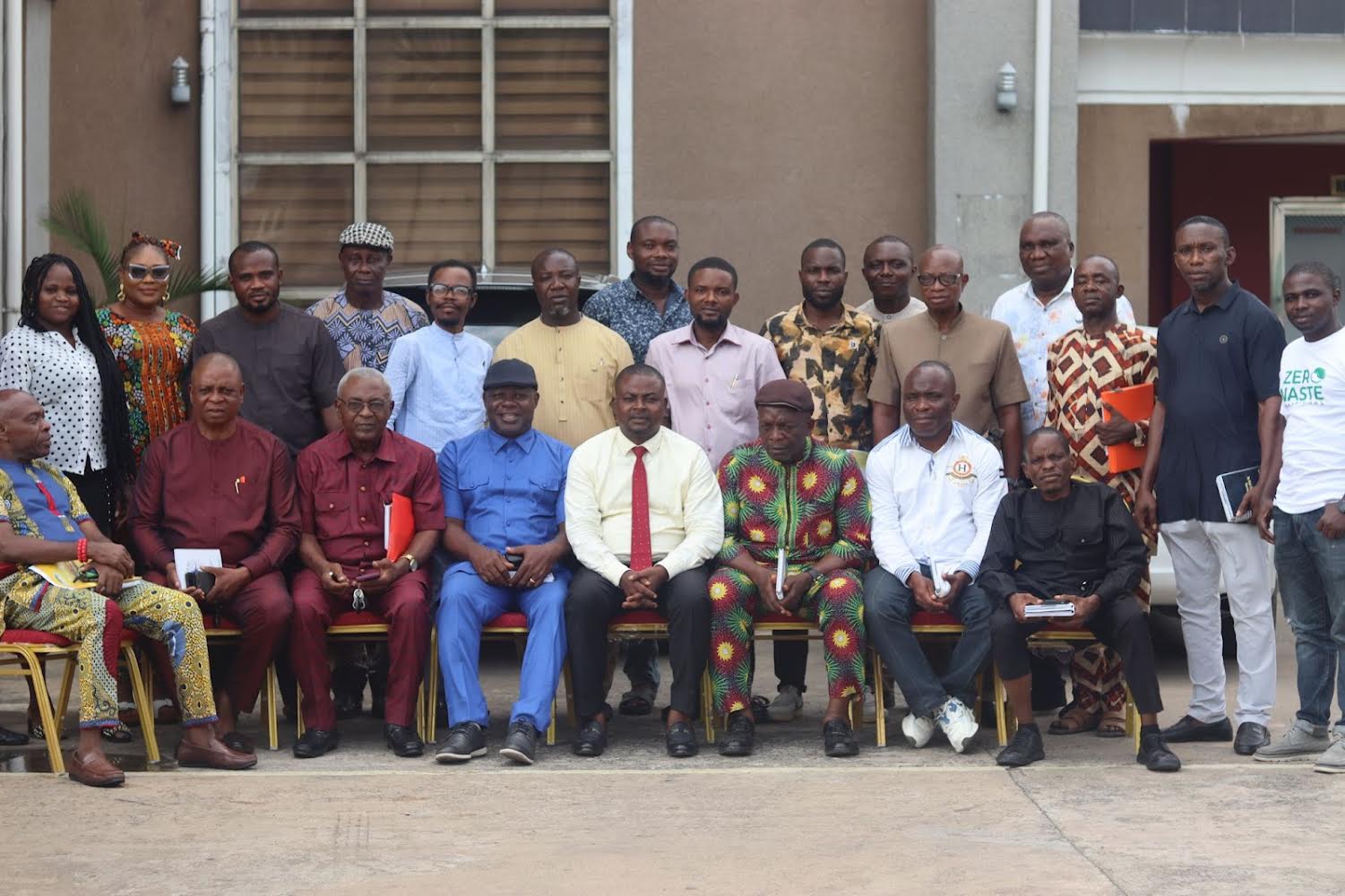NEWS
July 30, 2024

IN BRIEF
In a strategic move to promote trust in the incorporation of Host Community Development Trusts (HCDTs) by oil companies operating in Akwa Ibom, Delta and Rivers States, Accountability Lab Nigeria, in partnership with the Ford Foundation, conducted a pivotal sensitization workshop for our community frontline advocates and the Board of Trustees (management committees and advisory committees) for oil producing communities in the three states. The workshop tackled challenges within the Host Community Development Trust Fund following the passage of the [...]
SHARE
In a strategic move to promote trust in the incorporation of Host Community Development Trusts (HCDTs) by oil companies operating in Akwa Ibom, Delta and Rivers States, Accountability Lab Nigeria, in partnership with the Ford Foundation, conducted a pivotal sensitization workshop for our community frontline advocates and the Board of Trustees (management committees and advisory committees) for oil producing communities in the three states. The workshop tackled challenges within the Host Community Development Trust Fund following the passage of the Petroleum Industry Act (PIA).
The Petroleum Industry Act introduced significant provisions related to the Host Community Development Trust Fund (HCDTF). As the establishment of the HCDTF brought forth new challenges, Accountability Lab Nigeria recognized the need for intervention. As part of the Lab’s natural resource governance project, the sensitization workshop addressed critical issues that the Board and community members face. These challenges centered on ensuring accountability and compliance with regulations set by the Nigerian Upstream Petroleum Regulatory Commission (NUPRC) and the provisions of the PIA. The workshop provided valuable training on utilizing the Freedom of Information Act (FOIA) as an advocacy tool to promote transparency, and the grievance procedures as provided in the Host Community Development Trust regulation.
During the workshop, participants raised numerous concerns and obstacles to managing the trust fund. Challenges ranged from establishing the trust, refusal to carry out a needs assessment prior to the formation of the Community Development Plan (CDP), payment of the 3% OpEx benefit due to the communities, to the Board of Trustees operating in secrecy, refusing to be transparent about the funds received from settlors, and denying access to information as provided by the Freedom of Information Act 2011. There were also concerns about the methodology used to determine the 3% allocation for their community, as many Settlors simply send funds that do not correspond to 3% of their operating expenses (OpEx).
The workshop wrapped up with targeted recommendations such as;
- Participants are to use the grievance procedure provided in the regulation to seek redress regarding monetary approval and calculation of the 3% Operation Expense (oPex) for their communities.
- Effectively engage and collaborate with trust managers, community members, and regulatory authorities to address concerns and streamline decision-making processes.
- The Board of Trustees must properly account for what happens with and in the trust to keep them abreast of the happenings and properly guide them on their expectations.
- The Community Frontline Advocates should actively engage with regulatory bodies and the Board of Trustees by using FOI request letters in accordance with the Act’s provisions.
Mnenga Shiiwua, the Project Officer for Accountability Lab Nigeria, emphasized the workshop’s significance: “The sensitization workshop provides a platform for Board of Trustees and community members to be equipped with skills to address challenges. By tackling issues related to accountability and compliance, we are ensuring transparency and promoting sustainable development within host communities in these states.”
Blessing Anolaba, the Storytelling Development Officer for Accountability Lab Nigeria, underscored the importance of community involvement: “Community members must understand how to effectively utilize the FOIA. This empowers them to advocate for transparency and accountability regarding the 3% operating expenses and other community development projects.”
In conclusion, Accountability Lab Nigeria’s PIA/HCDTF sensitization workshop marks a significant step towards improving environmental justice in oil producing communities and climate friendly actions within host communities.
